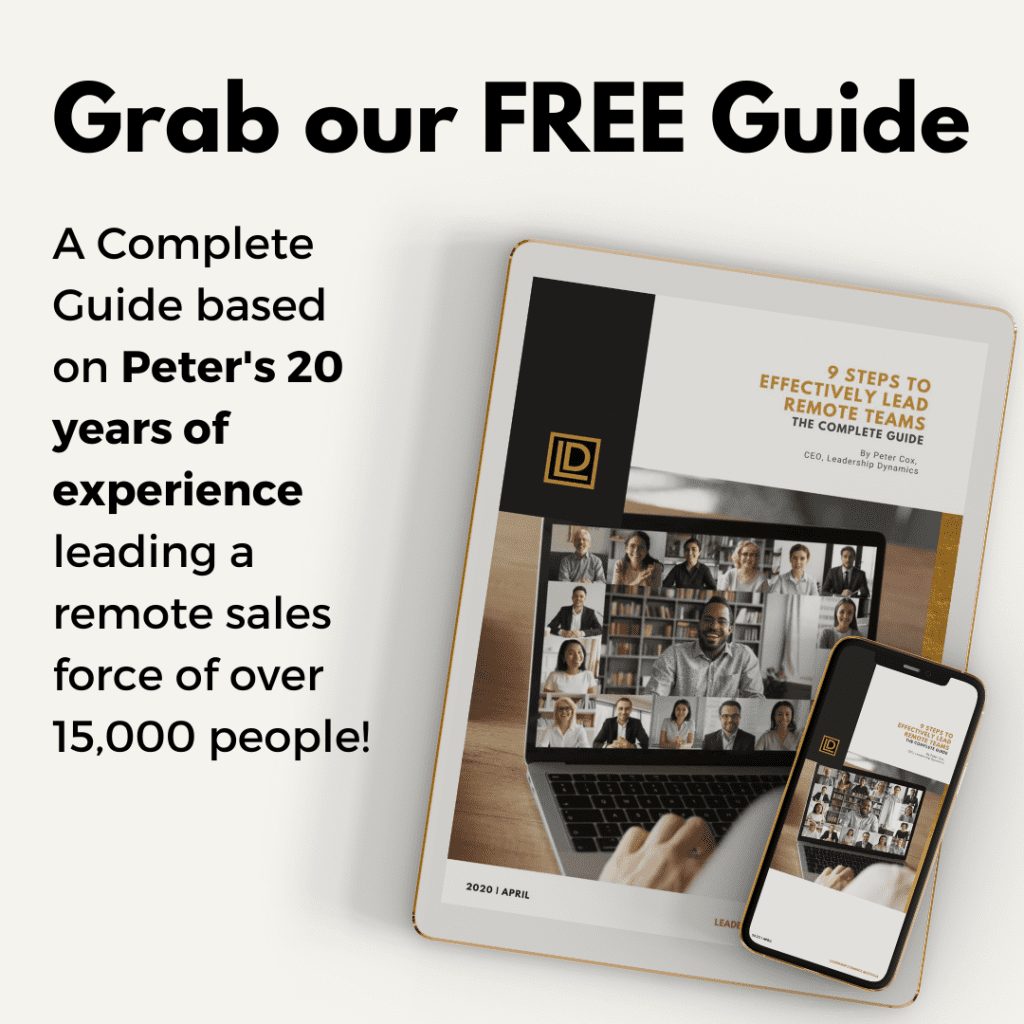The “A-word” Accountability. It’s a word that makes people a little uneasy, regardless of what side of the equation they’re on.
Research has found that fewer than one in five managers/leaders can successfully hold others accountable for delivering on expectations in the workplace.
The study showed that 82% of managers acknowledge they have “limited to no” ability to hold others accountable successfully, and 91% of employees would say that “effectively holding others accountable” is one of the top development needs of their organisation.
I haven’t met many people who enjoy the accountability process in their workplace. It brings a mixed bag of mostly negative emotions to the table, but it shouldn’t, particularly given how important accountability is to run a successful business.
What would you rate the level of accountability in your business out of 10?
1 = what’s accountability? My people do what they want, when they want.
10 = My people do what they agree to do in the agreed timeframe, working together, united as a team.
In today’s blog, I want to talk a little about how to establish an accountability process that you and your people embrace and one which helps fuel a great and sustained performance.
Over the past few weeks, I’ve been outlining just how effective one on one mentoring can be in your business for growing trust, building your culture, growing your business and retaining your top -performers for example, they’re that powerful, so it should come as no surprise to you that I bring them up here again.
The one-on-one mentoring I’m referring to here is a deliberate process where you regularly sit down one on one with your key people.
It’s more than just a catch up to touch base and run through the list of things your direct report was meant to do and check them off.
These meetings are for seeing your people grow and develop in their roles, to grow their thinking and behaviours, to build them up on the inside, fuel self-belief and see them soar. You’re also building a stronger relationship between the two of you as a result.
Due to this process, you’re able to discuss and set clear expectations as they know you have their back and want them to succeed. They know you’re not there to enjoy pointing out what they’re not achieving.
What makes a goal that someone wants to be held accountable to? Here are the key elements that make a good expectation:
- It’s crystal clear what’s expected and by when.
- It’s fair and reasonable – i.e., the task and the time frame for completion and it’s within the realm of possibility of the skill set for the person assigned the task, i.e., it fits with their strengths.
- They’re supported in the achievement of it i.e., given the proper resources and advice when required.
- It ties into the purpose of the company – they can see the part those expectations play in achieving the Vision and how it supports others in the team. They let the team down if they don’t achieve their goal.
The one on one process allows for a proper discussion of the above, giving great clarity to the expectations. Expectations that are also developed collaboratively have greater buy in.
And when the person knows that the expectations will be followed up and discussed in the one on one process, those expectations will get done.
You can expect something but if you don’t follow up on its completion, it probably won’t happen. It’s only human nature.
Because the person in front of you knows that you genuinely want them to succeed, if they underperform, they’re more likely to be open about it with you as they know that you’ll use it as an opportunity to discuss why they didn’t meet expectations and what can be done better next time.
You foster greater learning this way and create a culture of continual improvement and growth instead a culture of finger pointing and blame avoiding, which is critically counter-productive to growing a high-performance team.
So, can I encourage you, that if you don’t already use the one on one mentoring process to set clear and engaging expectations with your people and, to hold them accountable for their completion, to try it?
I promise you that you won’t look back. The rewards for your business are immense.
Take care and keep climbing.
Peter (Coxey)
Peter Cox
CEO, Leadership Dynamic





